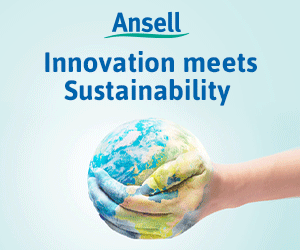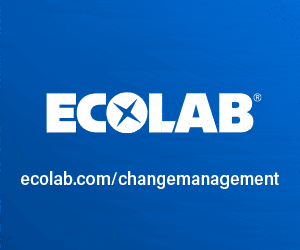Synergy Health (UK) has opened a joint venture facility for decontamination that raises standards for hospitals while allowing NHS trusts to keep some control. Susan Birks visited the Leicester facility.
University Hospitals of Leicester NHS Trust and Synergy Health (UK), a leading specialist in outsourced services to healthcare providers, have officially opened a multi-million pound “super-centre” for decontaminating surgical instruments. The facility, formally opened by NHS Medical Director Professor Sir Bruce Keogh at Meridian Business Park, Leicester, will enable the Trust to streamline this critical sterile service, further enhance the quality of sterile instrument output and benefit from new revenue streams.
As part of the UK Department of Health’s National Decontamination Project, Trusts around the country have been working to find solutions to improving the ageing, non-compliant decontamination facilities, which are a critical link in the surgical pathway. Synergy Health was selected by Leicester’s University Hospitals as its partner to create a state-of-the-art sterile service and decontamination service and invested £3.5m (€4m) to create the “super-centre”.




